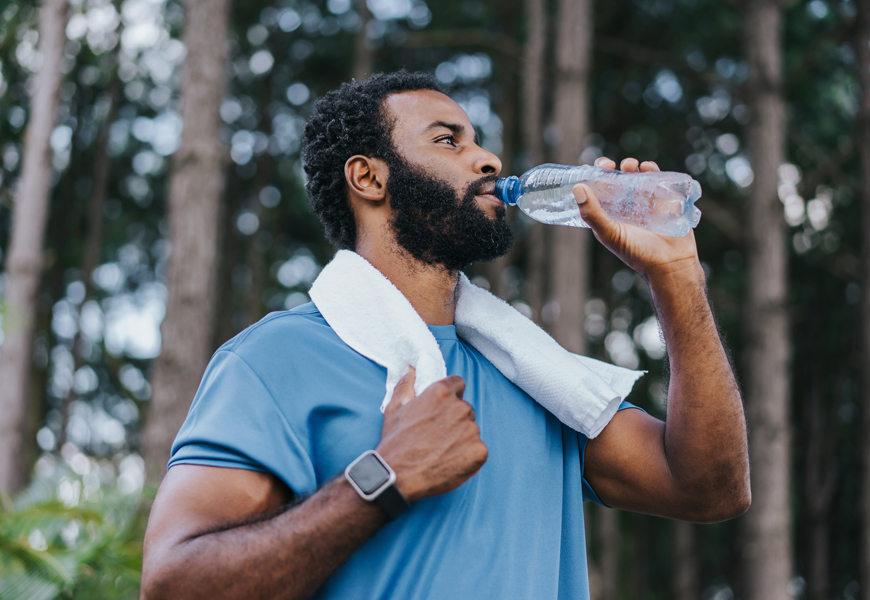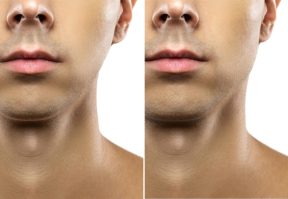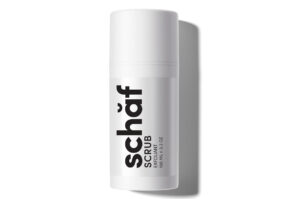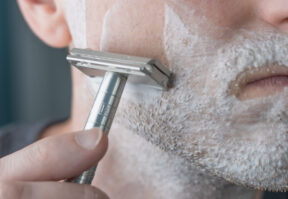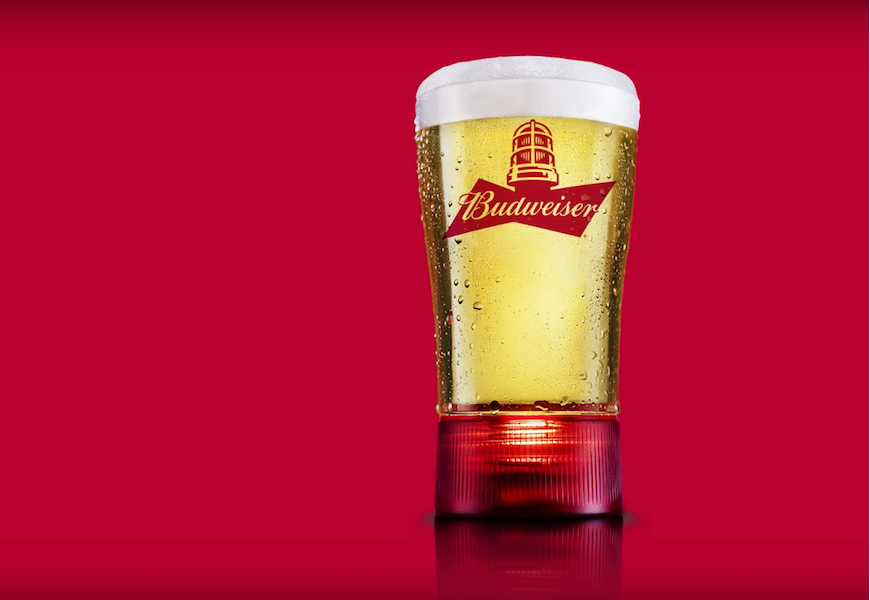Water is essential to life, making up about 60% of the human body and playing a vital role in nearly every bodily function. From regulating body temperature and aiding digestion to flushing out toxins, water is crucial for maintaining good health. However, the question of how much water one should drink daily, especially for men, can often be confusing. Here’s all of the factors that determine daily water needs and a little practical guidance for staying well-hydrated.
General Guidelines for Daily Water Intake
The general recommendation for daily water intake is often cited as “8×8” – eight 8-ounce glasses, which equals about 2 liters, or half a gallon a day. However, this is a general guideline and may not fit everyone’s needs, especially for men, who typically require more water than women due to differences in body composition, size, and activity levels.
The National Academies of Sciences, Engineering, and Medicine suggest that men should aim for about 3.7 liters (125 ounces) of total water per day. This total includes all beverages and food sources of water, not just plain drinking water. On average, food contributes about 20% of total water intake, so drinking about 3 liters (100 ounces) of fluids daily is a reasonable goal.
Factors Affecting Water Needs
1. Body Size and Composition: Larger individuals or those with more muscle mass generally require more water. Muscle tissue contains more water than fat tissue, so men with more muscle mass may need to drink more to stay hydrated.
2. Activity Level: Physical activity increases water loss through sweat and respiration. Men who engage in regular exercise or have physically demanding jobs should increase their water intake accordingly.
3. Climate and Environment: Hot and humid weather, high altitudes, or heated indoor environments can increase fluid loss through sweating. If you live or work in such conditions, you’ll need to drink more water.
4. Diet: Foods high in water content, like fruits and vegetables, contribute to hydration. Diets high in salt, protein, or caffeine may require increased water intake to aid digestion and kidney function.
5. Health Conditions: Certain medical conditions, such as kidney stones, urinary tract infections, or heart problems, can affect water needs. Some medications may also impact hydration status. It’s always wise to consult a healthcare professional if you have specific health concerns.
6. Alcohol and Caffeine: Both alcohol and caffeine can have a diuretic effect, increasing the frequency of urination and potentially leading to dehydration. Moderation is key, and increasing water intake when consuming these beverages can help offset their dehydrating effects.
Signs of Dehydration
Understanding the signs of dehydration is crucial for maintaining proper hydration levels:
– Mild Symptoms: Dry mouth, thirst, dark yellow urine, and headache.
– Moderate Symptoms: Fatigue, dizziness, and decreased urine output.
– Severe Symptoms: Rapid heartbeat, rapid breathing, sunken eyes, and extreme thirst.
If you experience any of these symptoms, it is essential to increase your fluid intake promptly.
Tips for Staying Hydrated
– Drink Regularly: Don’t wait until you’re thirsty to drink water. Try to consume fluids regularly throughout the day.
– Monitor Your Urine: Light-colored urine is usually a good indicator of adequate hydration.
– Eat Water-Rich Foods: Include fruits and vegetables like cucumbers, oranges, and watermelon in your diet.
– Carry a Water Bottle: Having water readily available can remind you to drink more frequently.
– Adjust for Activity and Environment: Increase your water intake in hot weather, at high altitudes, or when exercising.
While the general guideline suggests that men should aim for about 3.7 liters (125 ounces) of total water daily, individual needs can vary based on numerous factors. Paying attention to your body’s signals, such as thirst and urine color, and adjusting your intake based on your environment, activity level, and overall health can help ensure you stay adequately hydrated.
Ultimately, the best approach is to listen to your body and drink when you’re thirsty, increase your intake during physical activity or hot weather, and consult a healthcare provider if you have specific concerns about your hydration needs. Staying hydrated is one of the simplest yet most effective ways to maintain good health and well-being.

